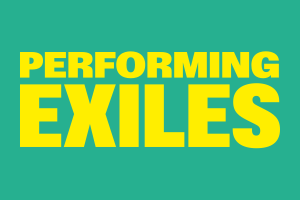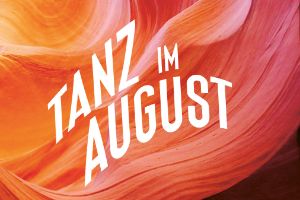
Splitter Orchester
24 musicians and composers founded the Splitter Orchester in 2010. Even though the band has consistently defied unilateral categorisation, all its members share one thing in common: every one of the Splitter Orchester’s musicians is a composer-performer who combines both disciplines in their personal practice. They devise and play their own music for themselves or in the group as a collective without any fixed hierarchy. All the Splitter Orchester’s musicians are soloists who are in demand around the world and specialists in their own field: some of them have developed or extended their own instruments and possess a unique repertoire of expanded playing techniques. Their collective work focuses on the manner in which sound is produced and distributed within the space. Organised collectively, the Splitter Orchester pursues a holistic way of working, from the very first sketch to full performance. The long-term collaboration between autonomous and highly specialised musician-composers breaks with established leadership roles and facilitates the creation of an experimental production environment which is process-orientated and questions existing hierarchies. Ten different nations are represented within the Splitter Orchester, though the work of all its members is based in Berlin.
The orchestra’s origins lie in the stylistic variety of the “Echtzeitmusik” (real-time music) scene that emerged in Berlin from the mid-1990s. A key phase in this scene’s musical development was a focus on reducing the means, materials and gestures used during the late 1990s. Today the Berlin Echtzeitmusik scene includes musicians of various generations and nationalities – and its musical spectrum stretches from noise, electronica and trash pop through the core areas of free improvisation and composed new music to performance and sonic art.
The orchestra adopts collective working processes structured over long periods to explore the full range of improvisation- and composition-based approaches. Particular importance is attached to how music is structured. For this reason, the musical process generally consists of analysing specific methods and practices of composing and improvising and placing them in context. The continuity of this working process, which has been maintained with an almost unchanged line-up since 2010, has led to Splitter’s music having an unmistakable group sound.
The Splitter Orchester has made guest appearances at the International Summer Courses for New Music (Darmstadt), the Crak Festival (Paris), the Borealis Festival (Bergen), MaerzMusik (Berlin), the Meakusma Festival (Eupen) and the Uppercut Festival (Bordeaux).
As of: January 2024
